
Prayers of the Pious
First published in England by
Kube Publishing Ltd
Markfield Conference Centre
Ratby Lane, Markfield
Leicestershire, LE67 9SY
United Kingdom
Tel:+44 (0) 1530 249230
Fax:+44 (0) 1530 249656
Website: www.kubepublishing.com
Email:
Omar Suleiman 2019
All Rights Reserved.
The right of Omar Suleiman to be identified as the author of this work has been asserted by him in accordance with the Copyright, Design and Patent Act 1988.
Cataloguing in-Publication Data is available from the British Library.
ISBN 978-1-84774-129-5 Ca sebound
ISBN 978-1-84774-130-1 Ebook
Cover design, illustration and typesetting: Jannah Haque
Printed by: IMAK Ofset, Turkey.
 Transliteration Guide
Transliteration Guide 
A brief guide to some of the letters and symbols used in the Arabic transliteration in this book.

 May the peace and blessings of Allah be upon him.
May the peace and blessings of Allah be upon him.
 Contents
Contents 



T here is a great scholar by the name of Muhammad al-Mukhtar al-Shinqiti (may Allah be pleased with him) who once made a very profound comment. He said that people had reached a point in their ignorance of Allah that they dont even call out to Him anymore; they dont know how to have a personal conversation with God. If you think about what a personal du looks like, the word in Arabic is munjt (intimate conversation), Allah (glorified and exalted is He) doesnt care if it rhymes, or how it sounds, or even in what language you call out to Him. It doesnt matter, whats important is how sincere it is.
Imam Ahmad (may Allah be pleased with him) was once asked, what is the distance between us and the throne of God? A pious prayer from a pure heart, was his reply, thats how we connect to Allah (glorified and exalted is He) . When we look at the Prophetic prescriptions of prayers, the best prayers and the best supplications are the ones taught to us by the Quran, by the Divine revelation and by the Prophet (peace be upon him) , who encouraged the people around him to learn to call upon Allah (glorified and exalted is He) in a personal way. If you look at the Companions of the Prophet (peace be upon him) , they are essentially a generation of yaqn, of certainty; they are a generation of being connected to Allah (glorified and exalted is He) in their own unique ways.
This book, Prayers of the Pious, developed out of a series of lessons that I recorded as part of the Yaqeen Institute during Ramadan in 2018. Each day, I took a prayer from one of our pious predecessors, mostly from the Companions, and taught how to call upon our Creator the same way that they called upon Him. By following this series on a daily basis each month, and by starting to record a personal du journal, writing down your own prayers following the same manner that the pious predecessors used, you can hopefully connect to Allah in the same way they connected to Him. So I hope that you will join me on this journey, and share the Prayers of the Pious and your own prayers with everyone that you know, and please remember to also keep us in your prayers.
Omar Suleiman
March 2019



Allhumma ijal khayra zamn khirahu, wa-khayra
amal khawtimahu, wa-khayra ayym yawma alqka
O Allah, let the best of my lifetime be its ending,
and my best deed be that which I seal (my life with),
and the best of my days the Day I meet You.

A constantly recurring theme is that the pious predecessors, the Salaf, deliver the most righteous and most beautiful prayers towards the end of their lives. Ab Bakr (may Allah be pleased with him) was a man that would give his life for the Prophet (peace be upon him) , and he accompanied him in life and in death. He is buried right next to the Prophet (peace be upon him) , who mentioned that Ab Bakr would enter into Jannah beside him. You can imagine how much Ab Bakr (may Allah be pleased with him) desired to be with the Prophet (peace be upon him) after he passed away; how much he looked to the signs of approval and the signs of continuity of what the Prophet (peace be upon him) impressed upon him after he departed from this world.
Ab Bakr (may Allah be pleased with him) was blessed with an exquisite ending. He was blessed to die on the same day of the week and at the same age that the Prophet (peace be upon him) passed away, the age of sixty-three. This was also the same age that Umar and Ali (may Allah be pleased with them) both died. He took comfort in this knowledge, and he dressed himself as the Prophet (peace be upon him) dressed as he was about to pass away. Ab Bakr (may Allah be pleased with him) called out with this moving du : O Allah, let the best of my lifetime be its ending. What a magnificent life this man had lived but he still said that the best of his life should be its ending. He continued, and my best deed be the one that I seal my life with. Ab Bakr (may Allah be pleased with him) had an impressive list of achievements, but his wish was that his best deed be the one that ends his life. And he completed the du by saying, and let the best of my days be the Day that I meet You, meaning to meet Allah (glorified and exalted is He) on the Day of Judgement.
This is a powerful and alluring du . When he passed away, Ab Bakr mentioned the du of Prophet Yusuf (may Allah bless him and grant him peace):

Let me die a Muslim and be accompanied by the righteous. (Yusuf 12:101)
This is an admirable way for all of us to call upon Allah (glorified and exalted is He) because it encompasses the last of our days in terms of time, the last of our deeds to the very specificity of that last deed, and the last of our days, the Day that we meet with Allah (glorified and exalted is He) , being the best Day of our life.
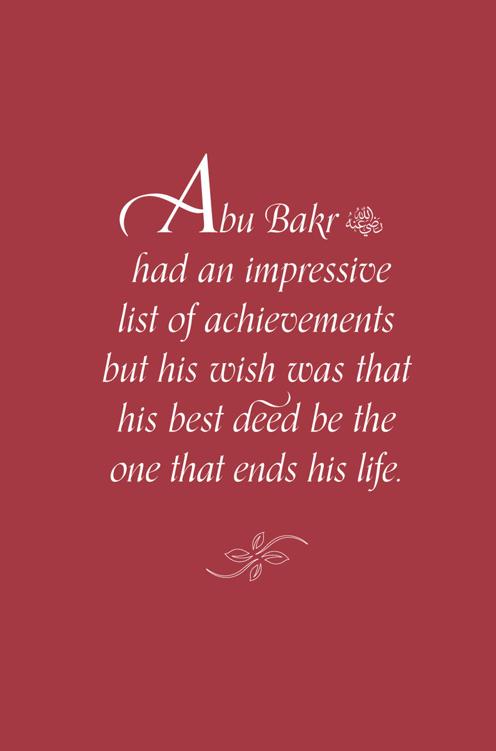



Next page
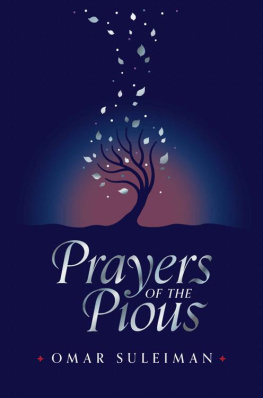
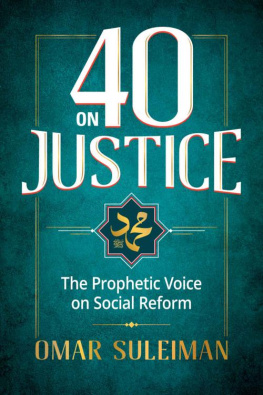
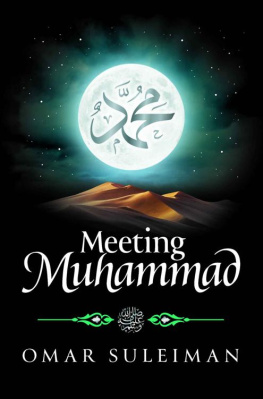
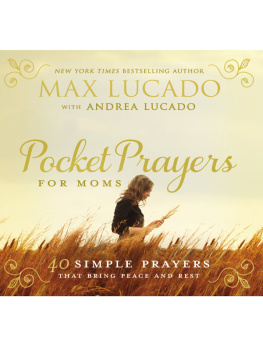
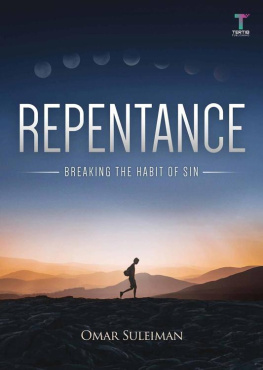
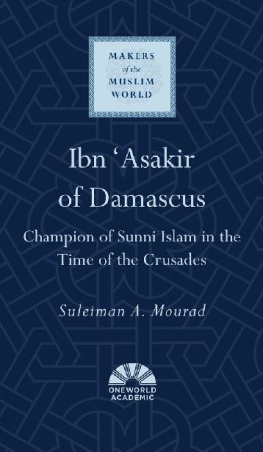

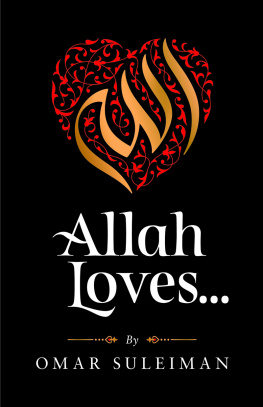
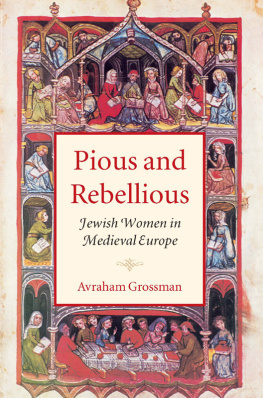
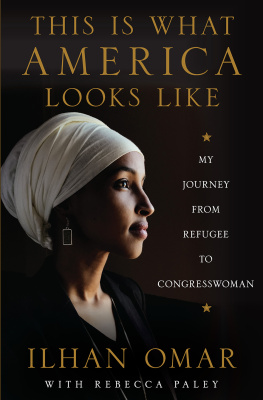

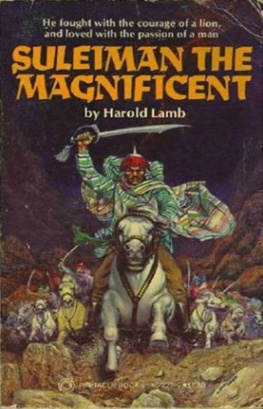

 Transliteration Guide
Transliteration Guide 

 May the peace and blessings of Allah be upon him.
May the peace and blessings of Allah be upon him.




